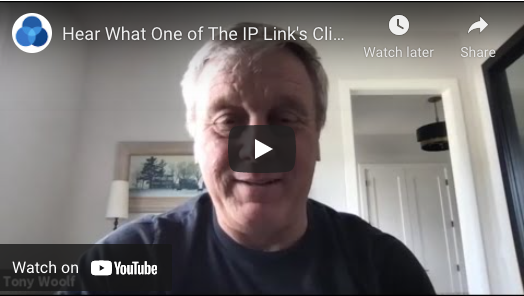Many entrepreneurs I talk with shy away from filing a patent because they have heard that “in their industry” or “for their technology” or simply “because they are a small startup” it would be difficult to defend their patent in court.
Although this may be true, does it immediately imply you shouldn’t file a patent? Should getting into a bunch of lawsuits really be at the core of your IP strategy, or is that just what your lawyer would like to see happen? Could there be a better, more business-focused strategy for extracting value from your patent?
YES!
For many businesses in many industries (especially technology and software startups), yes, there are many other strategies for extracting value from a patent or even a patent application.
In fact, for smaller companies, attempting to prevent their competition from manufacturing or selling their product by defending their patent in court would not be a great approach. Even if you could win such a court case, the legal fees required to get you there may cause you significant financial woes (to put it mildly).
Plus, as the founder of your business, should you really be spending your time in court arguing over patent infringement or should you be continuing to innovate, looking for investment, finding customers, and selling your solution? Your time is limited and it’s important to choose every action you take carefully, because taking one means you won’t have time to take countless other actions.
Consider your reasons for wanting a patent very carefully. If the primary (or only) reason you’ve considered for filing a patent is to defend your patent in court, then it may not make sense to file until you have a much larger legal budget. Although, even on this point, if you file an application now and all goes well, your patent may not be accepted or defendable for 2-4 years, by which time you may have an increased ability to defend it.
If you are filing a patent for other reasons such as improved credibility, increased investor confidence, licensing or partnerships, improved net worth, or others, then patents may start to make much more sense earlier in the life-cycle of a startup or innovative business.
We do a deep-dive into the business strategy and benefits of filing a patent in Modules 4-6 of The Product Protection Playbook. I’m happy to give you a preview of what this looks like and determine which strategies make the most sense for your business specifically.
Let’s chat: https://theiplink.com/book/





